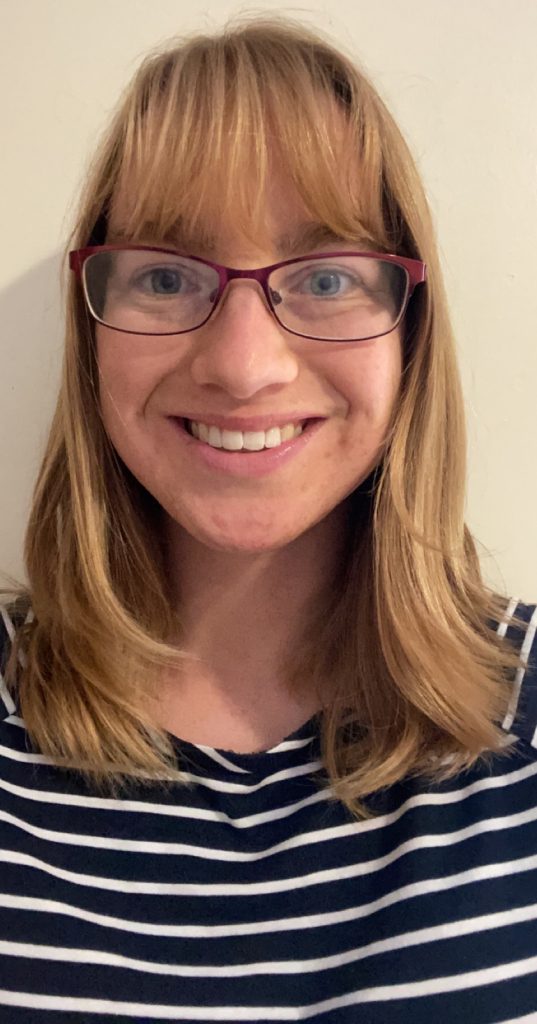
Claudia Davies
I am a deaf, recent postgraduate from Durham University with a passion for the accessibility of museums and heritage sites. I completed my dissertation/BA degree in 2021. For my undergraduate dissertation in BA Anthropology and Archaeology, I focused on D/deaf access to museums in the UK.
My dissertation closely analysed the legal requirements to comply with the Equality Act 2010, and compared this to the interpretation and further recommendations of this as enshrined in the code of practice produced by the Equality and Human Rights Commission (EHRC). I found that the EHRC code of practice makes recommendations that go beyond the legal minimum for good practice. This includes providing appropriate staff training, working closely with disabled individuals to identify what actions need to be done, and to inform disabled people how the services are meeting the needs of these individuals.
I also examined individual museum principles, online access information and created a museum survey (this was sent out to museums across the UK to collect information on what D/deaf provisions they offer in their museum- e.g subtitles, British Sign Language (BSL) support, accessibility information online) to understand what support is available for this audience.
My dissertation also adopted a ‘person centered’ approach by creating a survey for D/deaf audiences to fill out addressing their support needs and museum experiences. This was key to understanding how D/deaf visitors feel about their experiences, and what support they actually require.
My research demonstrated that regardless of the level of hearing loss and D/deaf identity (these are complex and there is not an ‘one size fits all’), nearly all D/deaf visitors require subtitles on videos. Whilst this support is the most frequently provided D/deaf support in museums, most museums are not providing this consistently throughout their venue.
There was a clear link between those that identify as Deaf, with using BSL and subsequently relying on BSL support as their language of communication. They were more likely to feel excluded from the museum experience and state that none of their needs as a Deaf person were met when recalling their museum experiences. My museum survey found that museums provide BSL support on videos, or talks/tours much less frequently than subtitles or the hearing loop system.
My dissertation also found that nearly 75% of the surveyed museums do not provide D/deaf awareness or BSL training to its staff, despite a lack of D/deaf awareness being the highest feature that puts off D/deaf people from visiting museums more often. Whilst the provision of this training is not a failure to comply with the Equality Act, the EHRC guidelines state that effective communication training is good practice.
Just over half of the surveyed visitors check for accessibility information before visiting a museum, with the majority searching the museum’s website for this information. However, the museum and visitor survey responses demonstrate that despite the social need, many museums are failing to provide D/deaf access information at all or to an acceptable standard on their website.
One thing that was clear from the research is that there is disparity between what support museums believe they are providing for this audience and what they are actually providing. The consistent disparity between the museum survey and online access information suggests that within museum institutions there is a lack of awareness and clarity regarding the provision of D/deaf support.
.
In summary, my dissertation found that:
– Museums need to go beyond the legal requirement of the Equality Act 2010, and adhere to the recommendations in the EHRC code of practices. This includes providing access to information online and staff training (in this case, BSL and D/deaf awareness).
– Deaf, BSL users are more likely to feel excluded from the museum experience and BSL support is largely neglected in museums
– There needs to be better awareness and clarity within museum institutions regarding the provision of D/deaf support in their museum(s)
– Despite complex D/deaf needs and identities, nearly all require subtitles on videos. The importance of the provision of this support for all D/deaf visitors can not be overstated.